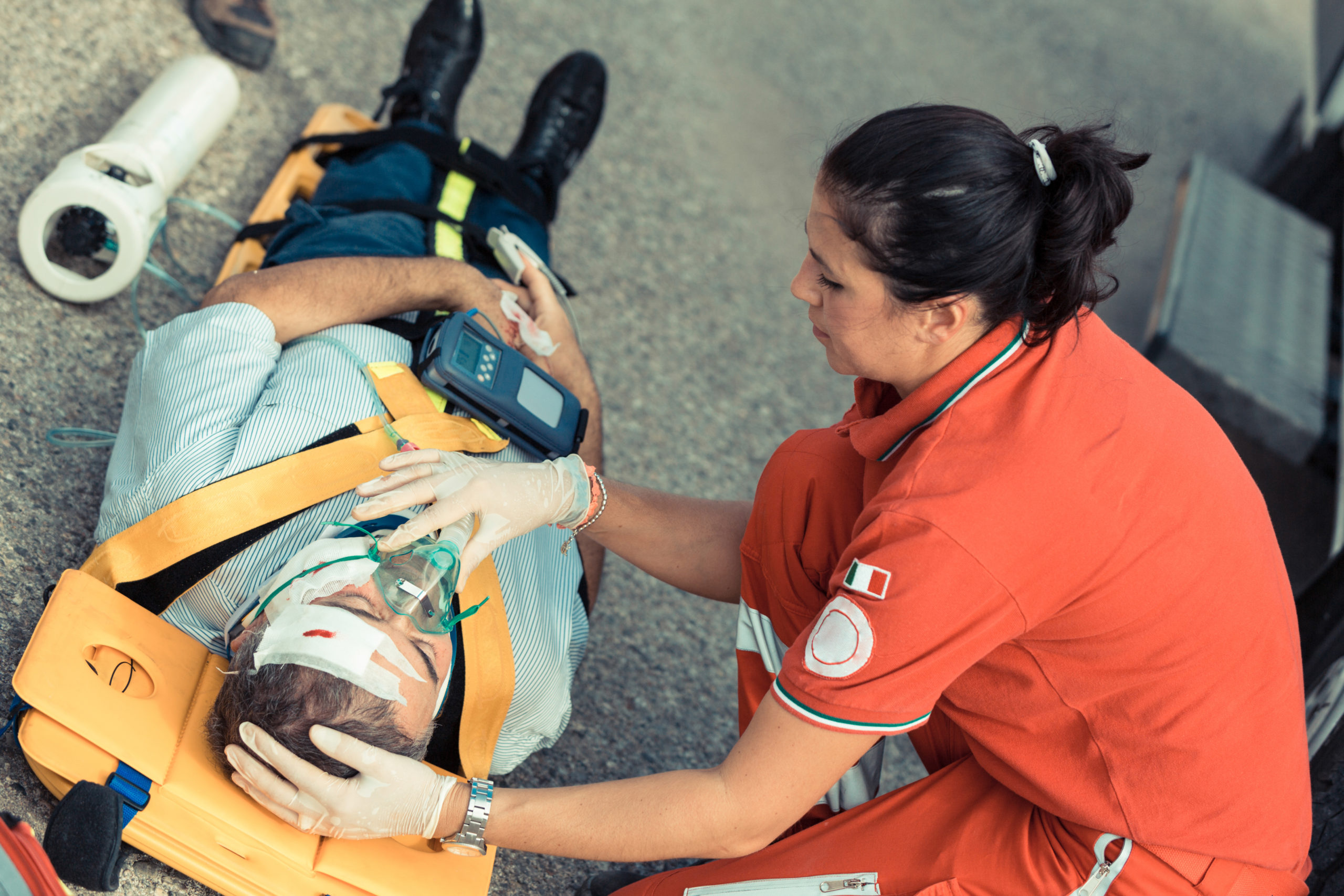Now here is some research worth spreading around. According to new data coming out of Scotland, brain damage related to drinking is at all-time high. Now the interesting thing here is that it does not relate to prolonged brain cell destruction after years of alcohol abuse (which is also a very real stat). This study analyzed injuries to the cranial region caused by reckless boozing.
Though not discussed much, drinking most certainly leads to physical abuse. Sometimes it’s stumbling over and causing an injury. Sometimes it’s a life threatening car crash. And, in the case of the Scottish research, it can be rowdy fights and concussions. Whatever the reason, these are points worth bringing out to the public.
The data from the study showed that 36,000 hospital inpatient stays happened because of alcohol misuse. There were also dozens of fatalities and over 660 brain damage cases. And in Scotland, for example (where soccer rowdiness is at an all-time high thanks to the World Cup), there are currently 22 deaths each week attributed to reckless drinking.
Certain recommendations that accompanied this research included implementing more alcohol education programs and raising the prices of booze. But local advocacy groups like Alcohol Focus feel that may just be a band aid for a bigger problem.
“Increases in preventable conditions like alcohol-related brain damage are devastating consequences of the high levels of alcohol consumption we see,” Alcohol Focus rep Alison Douglas told The Daily Mail. “This is all driven by widespread availability, low prices and heavy marketing of alcohol. Minimum unit pricing will save hundreds of lives, but it is not sufficient to turn the tide of alcohol harm.”
Certainly these types of issues are just as common in the states. Binge drinking continues to be a popular pastime (particularly among college students) and it has been shown to lead to aggression and bad decisions.
The research also showed that inebriated brains may be more susceptible to injury. Alcohol-related brain damage (or ARBD as it is labeled) is quite common with over-drinkers, particularly because of swelling and dehydration. It is also said that the body cannot absorb nutrients as easily when it is intoxicated.
All of figures definitely deserve an awareness campaign. Though many don’t realize it, one night out of reckless drinking could lead to serious physical damage. If you or someone you know partakes in regular binge drinking, make sure they are fully aware of the consequences and have access to the tools that can get them help.







